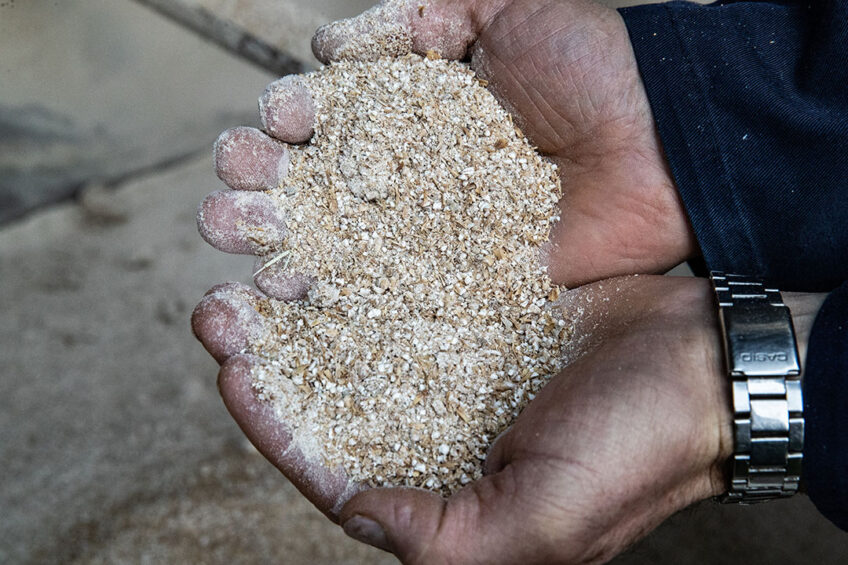Poultry sector must address environmental, welfare challenges

Threats posed by cultivated meats and the rise of plant-based options for consumers need to be addressed by the poultry sector, according to leading producer James Hook.
Speaking at the virtual Egg and Poultry Industry Conference (EPIC), Hook said the poultry meat industry needed to justify what it was doing – producing very competitively priced meat for consumers. But he accepted there was more for the sector to do across the environment and welfare fields. Levels of soya, which is easily digestible, has a high protein content and contains amino acids crucial in early stages of growth, need to be reduced.
Cultivated meat is transforming food production
Expanding the cell lines for the growing cultivated meat market is continuing to receive financial support with an additional £1 million granted to Roslin. Read more…
No soya
He has been trialling a no-soya diet on one of his holdings with some interesting results: “With the third crop it’s worked extremely well and we’ve had no problem with the birds. They’ve taken 4-5 days longer to go but the feed is very expensive. We’re looking actively to reduce our current soya content – whether that’s 5, 10, 15 or 20%, and it will make a big difference,” he said, adding that he was looking to feed companies to come up with solutions.
Better Chicken Commitment
Balancing environment and welfare measures is key, he said, adding that his independent breeding and hatching firm, PD Hook, had signed up to the Better Chicken Commitment, which advocates low stocking densities and using slower-growing breeds. While accepting it was not for every producer, by 2023, he is planning to have more than 1 million birds a week under the Better Chicken Commitment.
Red Tractor
Hook challenged the UK’s largest farm assurance scheme – Red Tractor Assurance – to look at its current stocking levels for faster-growing birds. The EU stocking rate is current 42kg/sqm while the UK’s legislation sets the maximum stocking level at 39kg/sqm. Red Tractor Assurance demands 38kg/sqm but Hook said he backed the work of the Farm Animal Welfare Committee which suggested 34kg/sqm was ideal.
British ‘chicken king’ warns of serious food crisis
Great Britain may be facing its worst food crisis in 75 years. Shortages of chicken and turkey are already noticeable and worse is yet to come. Read more…
“It is important for Red Tractor to differentiate use from other countries where stocking rates are high,” he told the conference.
He was responding to a keynote speech from Professor Frederick LeRoy from the University of Brussels, who highlighted the pressure to move to synthetic meats in the next 2-4 decades. While lab-grown meat is currently only on sale commercially in Singapore, huge investment is pouring into companies working in this field. With support from Bill Gates and Richard Branson, companies such as Nestlé were also looking to move into plant-based alternatives with both egg and shrimp alternatives.
Inflation
Minette Batters, National Farmers Union president, touched on the anticipated rise in UK inflation levels, which could reach double digits in early 2022. Batters said farmers faced a massive increase in input costs, saying the price of natural gas had driven up the price of fertiliser, ammonium nitrate, to well over £700/tonne. She further highlighted the recent CO2 shortage, saying that while there were short-term measures in place to keep one plant on line, those costs will be coming back to hit the consumer, farmer and grower.
Commenting on recent trade deals, Batters spoke of her enormous shock at the outcome of the Australian trade deal which led to New Zealand demanding free trade across all UK farming sectors. “This really does set the agenda for how we will negotiate trade going forward,” she added.













